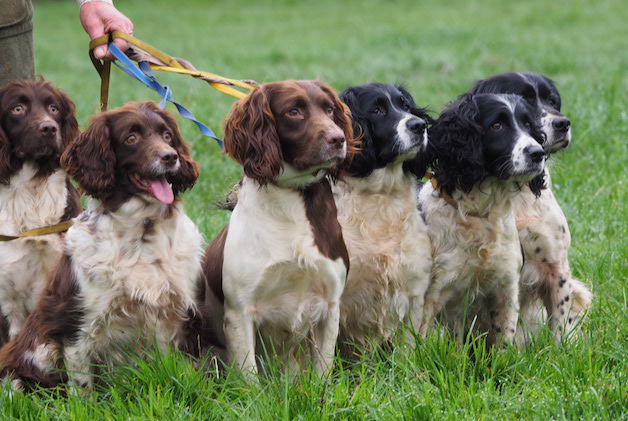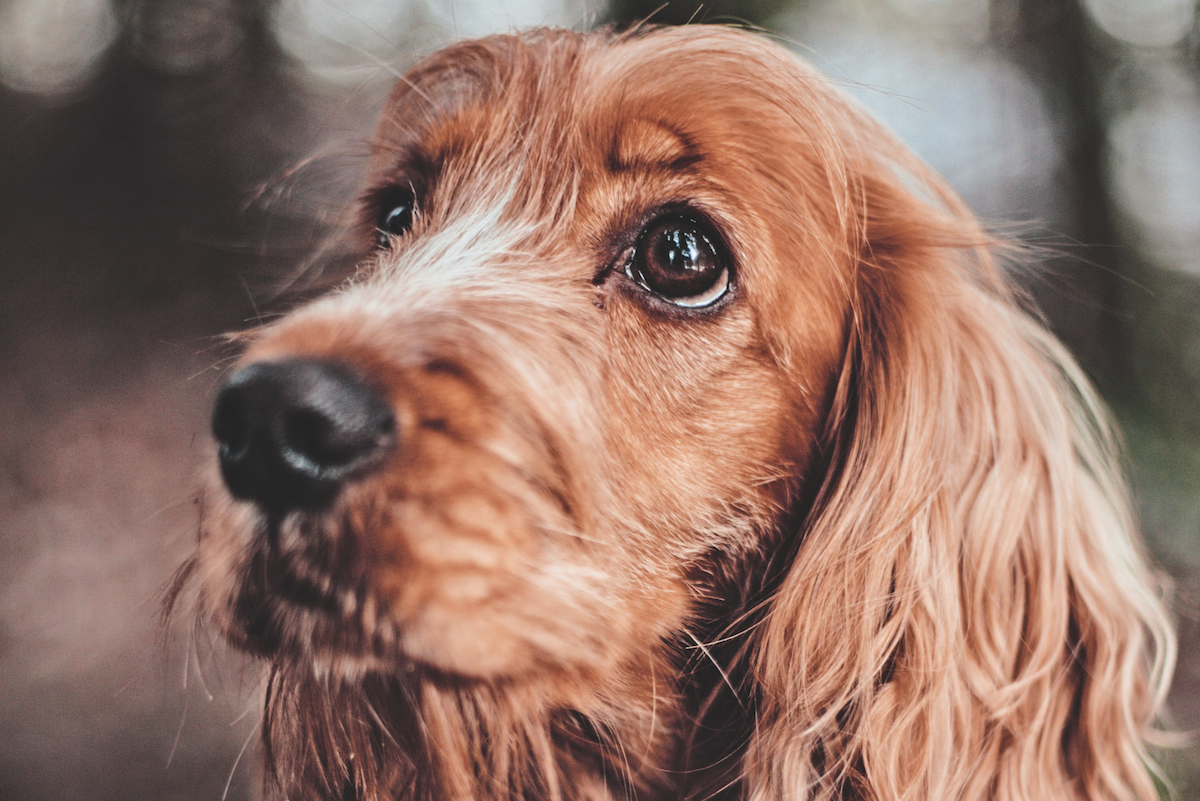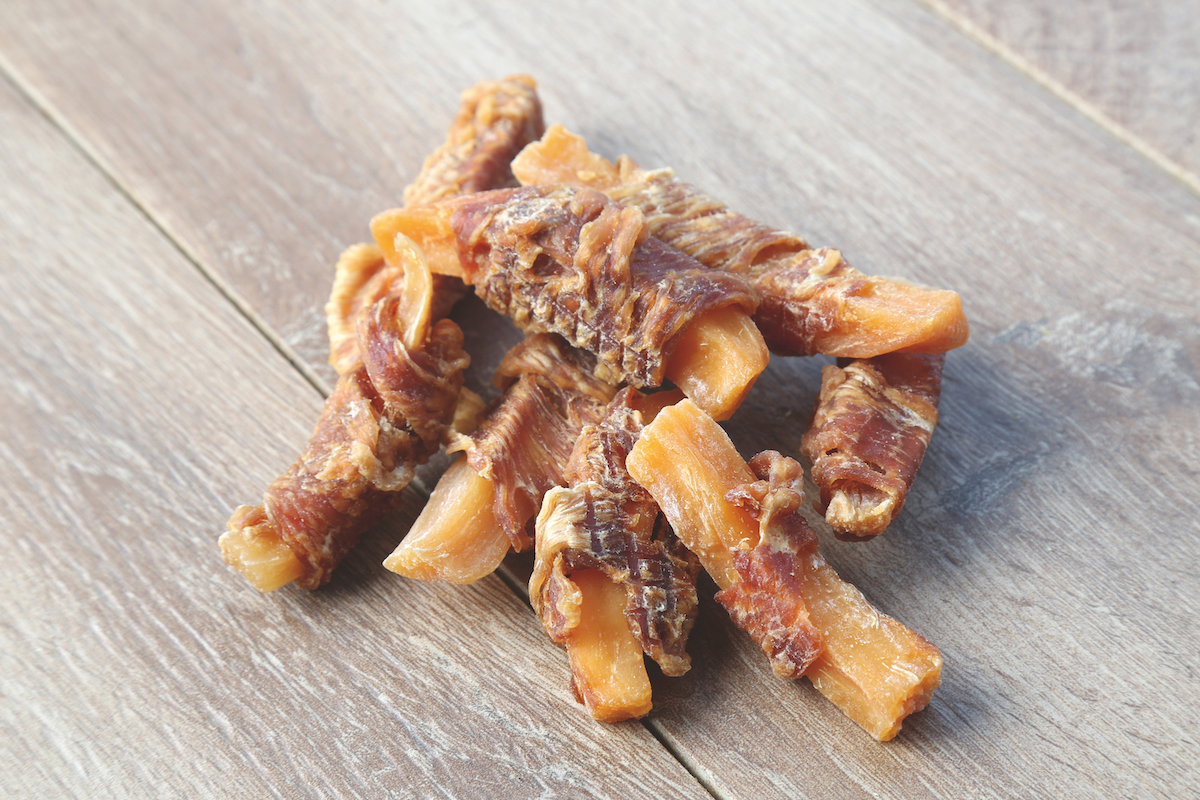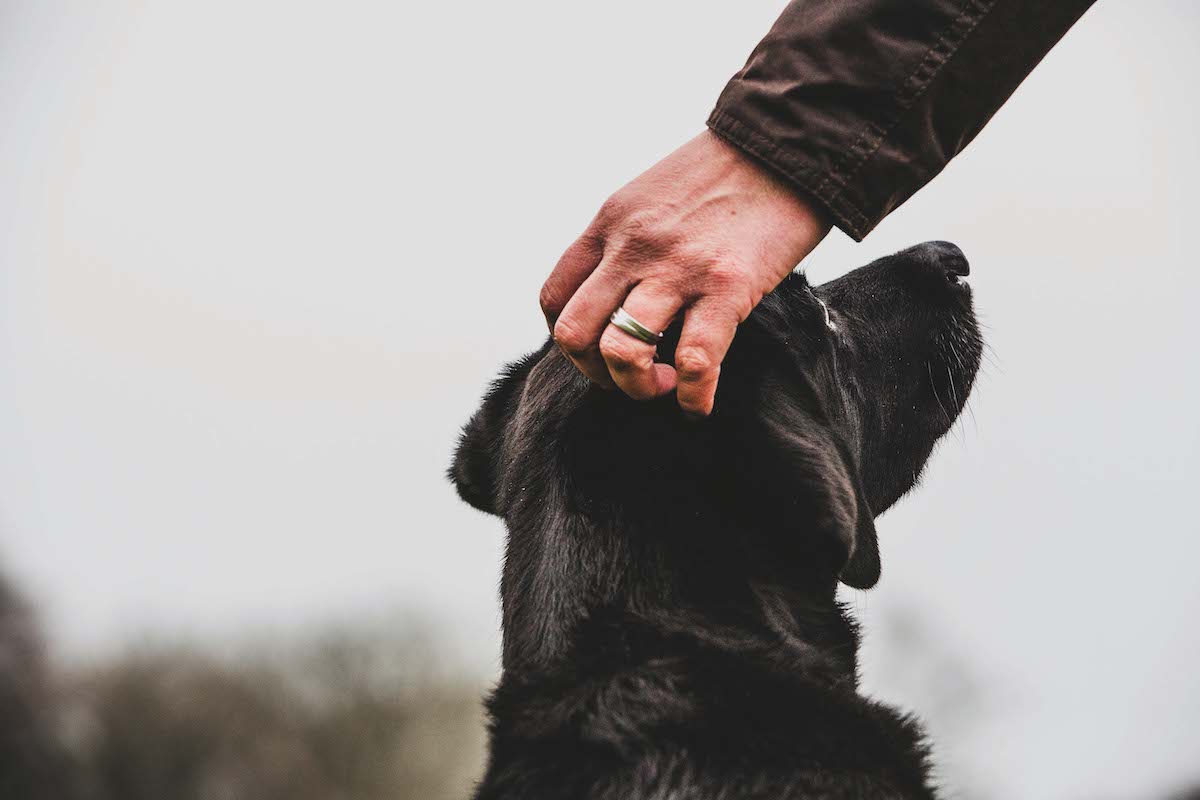Should I stick to a dog vaccination schedule? What’s recommended?
Should you get your dog vaccinated? Or will herd immunity protect it? Vet Tony Buckwell advises

English springers are arguably the most versatile breed of gundog
Q: I have heard about herd immunity in the context of the COVID-19 pandemic and relating to dog vaccination. How does herd immunity protect unvaccinated animals, and can you explain why it is apparently important for me stick to a dog vaccinations schedule if a sufficient level of herd immunity has been achieved in the dog population?
Why a dog vaccinations schedule works
Vaccines work by stimulating a protective immune response in an animal without causing the disease. When healthy animals are vaccinated, their immune system not only responds to the vaccine, but is also able to recognise the infectious agent against which it has been vaccinated. If the animal is then exposed to the infectious agent against which it was vaccinated, its immune system is stimulated and confers a level of protection against the disease.
In a small minority of cases, a vaccine doesn’t take for a variety of reasons and that individual isn’t fully protected. Vaccination should be seen as a population strategy, not a guarantee that every individual vaccinated will be fully protected. Nevertheless, an important advantage of vaccination is the concept of herd immunity.
Herd immunity occurs when the vaccination of a significant proportion of the population provides a level of protection to unprotected individuals. The vaccinated animals simply hoover up the infection, leaving little residual infection to cause disease among any of the unprotected population.
It is therefore vital that the population as a whole continues to be vaccinated to maintain the level of herd immunity. This reduces the number of susceptible animals in the population and, consequently, the incidence of disease.
Puppy vaccinations – what you need to know
A: I have always tried to pick up my new puppies at eight weeks or very soon after. This, I believe, is…
Vaccinations recommended for dogs
The major canine infectious diseases for which vaccines are available include:
- Canine Distemper Virus (CDV)
- Canine Parvovirus (CPV)
- Canine Adenovirus (CAV)
- Canine Leptospira
- Canine parainfluenza virus (CPi)
- Bordetella bronchiseptica
- Rabies
The UK’s Veterinary Medicines Directorate has published dog vaccinations schedules for dogs including ‘core’ and ‘non-core’ vaccines, and these will form the basis of vets’ advice. The core canine UK vaccines are CDV, CPV and CAV, which prevent canine distemper, parvovirus infection and infectious canine hepatitis respectively. These vaccines are urged for all dogs.
The ‘non-core’ canine vaccines are recommended for those puppies and dogs at risk due to their location, local environment or lifestyle. These include vaccines for canine leptospira, CPi and bordetella bronchiseptica.
While most vets advise a course of primary vaccination — typically in two doses from eight to 16 weeks — including canine distemper, canine parvovirus, canine adenovirus, canine parainfluenza virus and leptospirosis, there is no single ideal schedule.
How to choose a gundog puppy
Which breed? First of all, you need to decide which gundog breed will suit your shooting needs and also your…
How to prepare your home for a puppy
The arrival of a puppy isn’t all that much different than expecting a new baby, reveals Lez Graham
Key factors include travel/holiday plans — for example, rabies vaccination as well as vaccinations for kennel cough if they are at risk of respiratory infection from being mixed with other dogs. Gundogs that may be exposed to canine leptospirosis, spread by rats via their urine, are commonly recommended for regular booster vaccination.
Some vaccinations give a three year immunity – talk to your vet about this. However, leptospirosis protection should be given annually and you may want to give the kennel cough vaccine more frequently, again take advice from your vet.
Working dogs are more at risk of contracting leptospirosis because they are more likely to come into contact. It is a horrible disease. In addition kennel cough protection should be a key part of the dog vaccinations schedule for gundogs, as they will be coming into contact with other dogs when picking-up.











